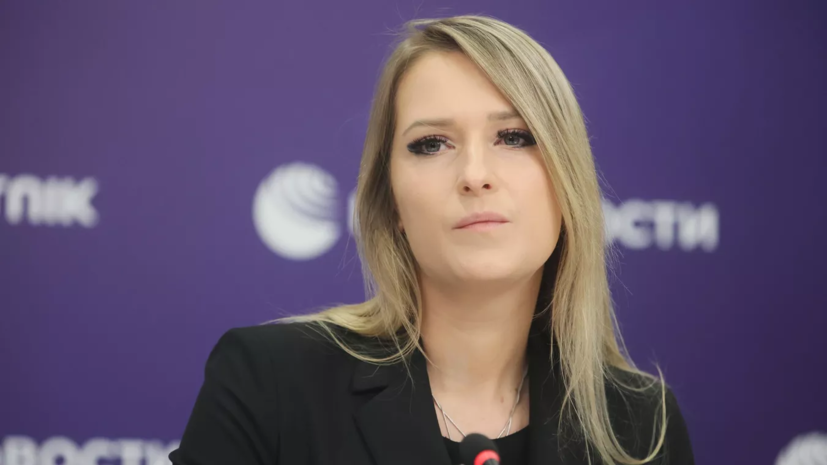“Previously, textbooks contained errors, distortions, inaccuracies, and sometimes anti-state ideas, and when we figured out why this was happening, it turned out that any person, regardless of whether he had a pedagogical education or whether he was engaged in science, could previously write a textbook , the only requirement is that it meets federal state educational standards,” the parliamentarian explained.
She added that a law on a unified educational space had been adopted.
“And now the Ministry of Education becomes responsible for everything that happens in schools, including the content of the textbook, the quality... There are textbooks on social studies, they contain Western social concepts that make our country look backward and undeveloped... Like, a society in which the ideas of traditional values, support for large families, respect for religion prevail, they say, such a society cannot be technically developed and has weak science and economics. That is, in Russian social studies textbooks there are more Western thinkers and very few domestic authors,” said RT’s interlocutor.
According to her, the textbooks do not give the main idea or attitude, but only different approaches, including Western social concepts.
“That is, it is assumed that the child can choose any concept, but where is the educational function? My proposal, I would go further: I would offer an academic examination of not only textbooks, but also educational programs,” the deputy concluded.
Earlier, as RIA Novosti reported, Russian President Vladimir Putin supported the proposal of the head of the Russian Academy of Sciences Gennady Krasnikov to return to the academic examination of school textbooks.

